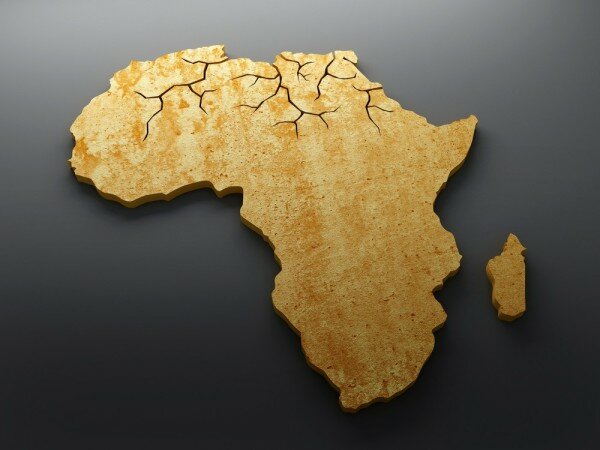
Development of TV white space solutions for African development was discussed along with regulations over use of spectrum by 17 countries on the continent at a gathering in Dakar, Senegal.
Facing challenges to improve the potential for internet connection in Sub-Saharan Africa and other emerging markets, technologies are being developed together with regulatory revision to free-up spectrum.
The importance of TV white spaces is emphasised because of space provision for signals to provide spectrum for long distance signal travel, enabling lower cost broadband connection.
Availability, practice trials, African regulation and the development of new technologies were addressed.
Dakar’s white space was announced to be 90 MHz, available for broadband use.
Trials in Kenya, Malawi, Singapore and the United Kingdom proved successful without interfering with licensed spectrum users.
HumanIPO reported last month on Tanzania’s white space project, supported by Microsoft.
The Independent Communication Association of South Africa (ICASA) has used trial outcomes to evaluate possible regulations for TV white spaces, while Senegalese and Malawian regulators are also exploring drafting similar policies.
Google was granted access to South African white space in March this year.
Radio manufacturers Adaptrum and Carlson presented deployment results of available channel displays in Kenya and South Africa.
The possibilities of TV white space were discussed by 25 countries, including 17 from the African continent, at the TV White Spaces & Dynamic Spectrum Africa Forum in Dakar, Senegal, last week.
The conference was supported by various technology organisations and governmental role players, such as Microsoft, Google, the Association for Progressive Communication, Afrinic and Senegal’s Minister of Communication.


















